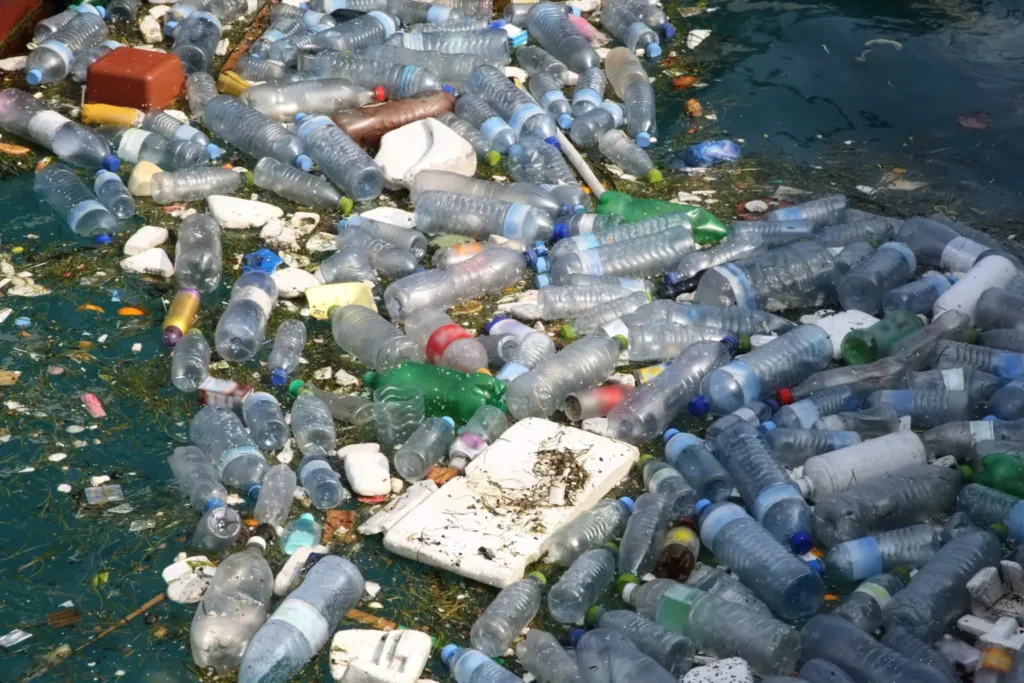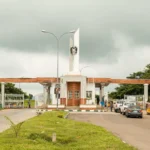The United Nations Conference on Trade and Development UNCTAD has revealed that global plastics trade surged to an estimated 1.13 trillion dollars in 2023, more than doubling over the past two decades.

This was disclosed in its new report titled Global Trade Update August 2025 Mobilising Trade to Curb Plastic Pollution which highlights the deep integration of plastics across global supply chains from raw polymer pellets to consumer-ready products.
TRADE VOLUME AND ENVIRONMENTAL IMPACT
UNCTAD said over 323 million metric tons of plastics were traded globally in 2023 alone with more than 78 percent of all plastic produced involved in cross-border transactions.
The report states
The value of plastics trades more than doubled since 2005 to 1 point 13 trillion dollars reflecting its widespread use across all industries from primary pellets to finished goodsDespite the growth the environmental cost is staggering as
75 percent of all plastic ever produced ends up as wasteAccording to the report developing coastal nations and Small Island Developing States SIDS suffer the most from this pollution even though they contribute the least to its creation.
ALTERNATIVES AND SOLUTIONS
The report emphasizes the potential of alternatives to plastic noting that
Materials like paper glass aluminum bamboo natural fibers and seaweed tend to be biodegradable erodible compostable recyclable and have long been used legally and safely by industry and consumersIt also notes that bio-based and compostable plastics currently make up just 1 point 5 percent of global plastic production but have significant potential in reducing environmental harm especially in developing economies.
CALL FOR A GLOBAL PLASTIC TREATY
UNCTAD is calling for immediate international action describing plastic pollution as a crisis without borders. The agency urges that trade must play a role in addressing the issue by recommending the creation of a Global Plastic Treaty.
According to UNCTAD
Plastic pollution is a borderless crisis and trade must be part of the solutionIt recommends the use of trade and investment policies alongside digital customs tools to facilitate a fair and inclusive shift toward reducing plastic waste globally.
LAGOS STATE TAKES LOCAL ACTION
In response to mounting concerns over plastic pollution the Lagos State Government began full enforcement of its ban on single-use plastics on July 1 warning that defaulters will face stiff penalties under state environmental laws.
Commissioner for the Environment and Water Resources Tokunbo Wahab made the announcement during a press briefing stressing that any shop market or business found selling storing or distributing banned items like Styrofoam packs plastic straws nylon bags or disposable cutlery will be sealed.
He said
Let me also emphasize that any market store that is found storing or engaging in sale or distribution of the single-use plastic of less than 40 microns would be sealed up while the offenders would be punished according to the environmental laws of Lagos stateWahab explained that the ban was introduced to protect the health safety and well-being of Lagosians and reaffirmed the government’s commitment to sustainable environmental practices.


